Germany will stop new military aid to Ukraine in order to cut government spending, German media reported, just days after German prosecutors issued an arrest warrant for a Ukrainian man suspected of being part of a team that blew up the Nord Stream gas pipelines.
The moratorium on new assistance has already taken effect and will impact new requests for funding, but not aid approved earlier, the Frankfurter Allgemeine Zeitung newspaper reported on Saturday.
The newspaper quoted German Finance Minister Christian Lindner, of the Free Democratic Party, as saying in a letter to the German Federal Ministry of Defense that future funding would no longer come from Germany's federal budget but from proceeds of frozen Russian assets.
Despite strong warnings of retaliation from Moscow, Germany and other G7 member states reached a preliminary deal in June to use the proceeds of frozen Russian assets to fund Ukraine. The European Commission transferred 1.5 billion euros ($1.65 billion) of profits from frozen Russian assets in late July to buy weapons for Ukraine.
Germany is the largest supplier of military aid to Ukraine among 27 EU member states and the second largest in the world after the United States. But Berlin indicated last month when the coalition government adopted a preliminary deal on its 2025 draft budget that its future assistance to Ukraine will be slashed by half to 4 billion euros ($4.41 billion) to cater to other spending priorities.
Lindner said last month that Ukraine would have to rely more on funds from "European sources" as well as the frozen Russian assets.
Ukraine's foreign ministry spokesman Heorhii Tykhyi has stated that claims that the German government is halting military aid to Ukraine are incorrect and manipulative, Ukrainian news media quoted him as saying on Sunday.
The three parties of the German coalition government all fared poorly in the European election in early June and their internal tensions have grown especially after Vice-Chancellor and Minister of Economic Affairs Robert Habeck, of the Greens, expressed last week his intention to run for chancellor in the 2025 federal election.
"It's quite obvious that this coalition has major problems finding common ground," he said regarding the recent disputes over a number of issues. "The ideas are falling apart."
The latest news coincides with the arrest warrant issued last Wednesday by German authorities over the sabotage of the Nord Stream pipelines on Sept 26, 2022.
Germany, Denmark and Sweden conducted investigations into the explosions but the Danish and Swedish authorities concluded their probes without pointing at any suspect.
In a probe published by ARD and two other German news outlets, the suspect is a 44-year-old Ukrainian diving instructor, named only as Volodymyr Z. for privacy reasons.
But the Swedish newspaper Expression identified the man as Volodymyr Zhuravlov.
He was accused of attacking the pipeline with at least two others, also believed to be Ukrainian citizens.
The suspect was believed to last be living in Poland, but Polish authorities said they could not act on the warrant because he had left for his native country when they tried to arrest him in a town near Warsaw in July.
Ukrainian President Volodymyr Zelensky has earlier denied Kyiv's involvement in the sabotage of the Nord Stream pipelines, which were built to carry cheap Russian natural gas to Germany under the Baltic Sea.
Polish Prime Minister Donald Tusk on Saturday said the initiators of the gas pipeline project should "apologize and keep quiet". It came after one of his deputies denied a claim that Warsaw was partly responsible for its damage.








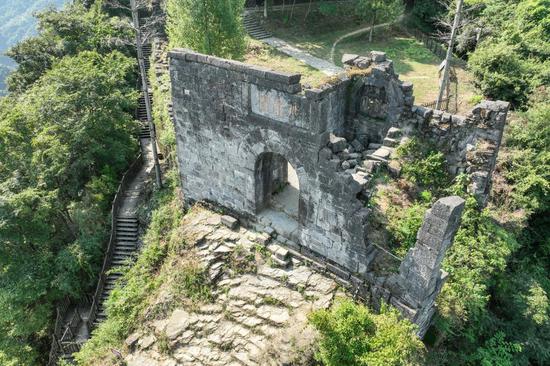


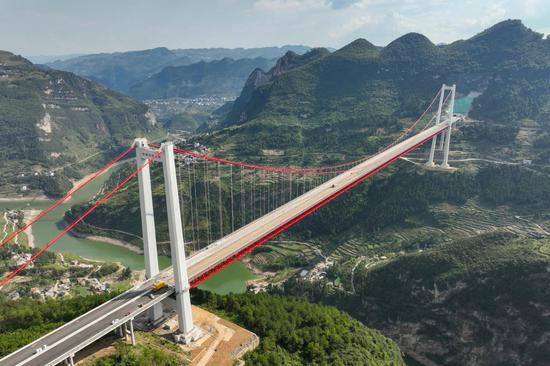



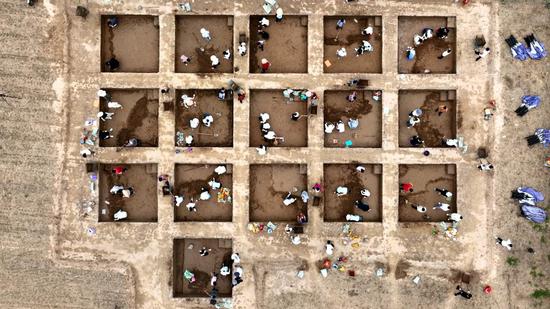












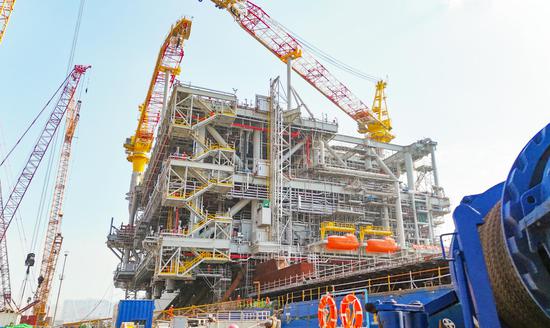

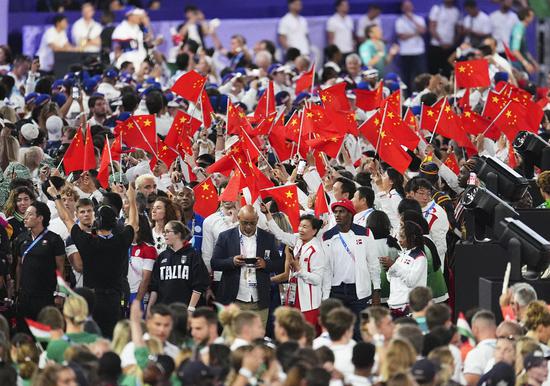

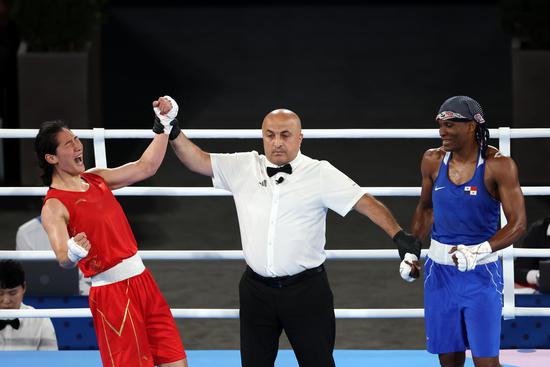
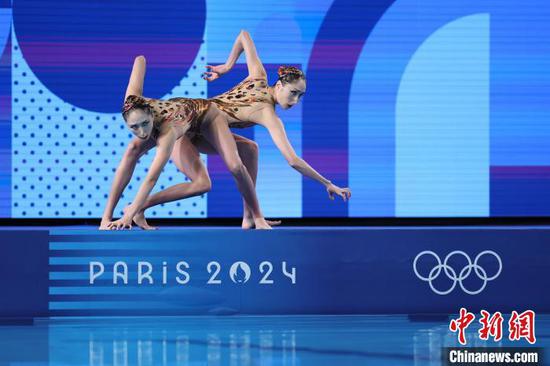



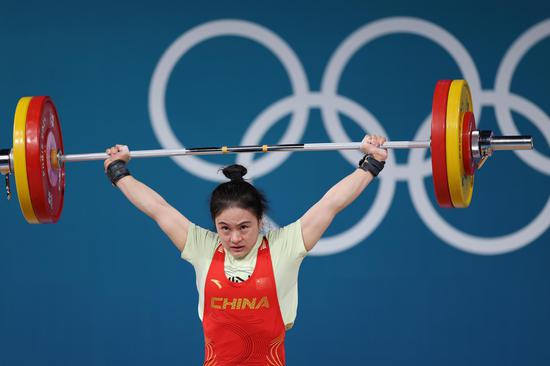




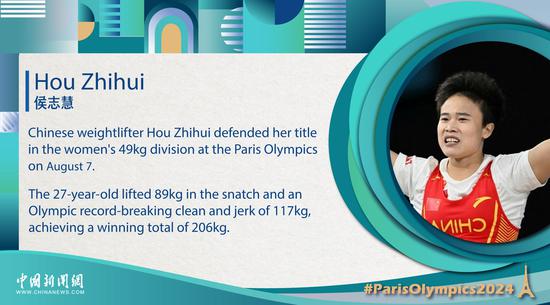





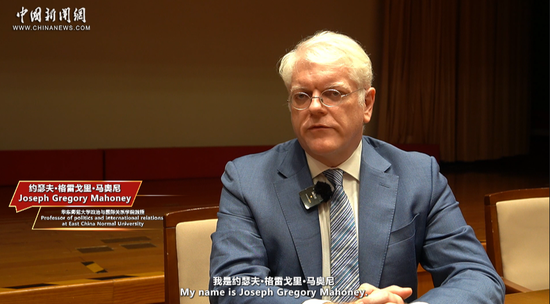

 京公网安备 11010202009201号
京公网安备 11010202009201号